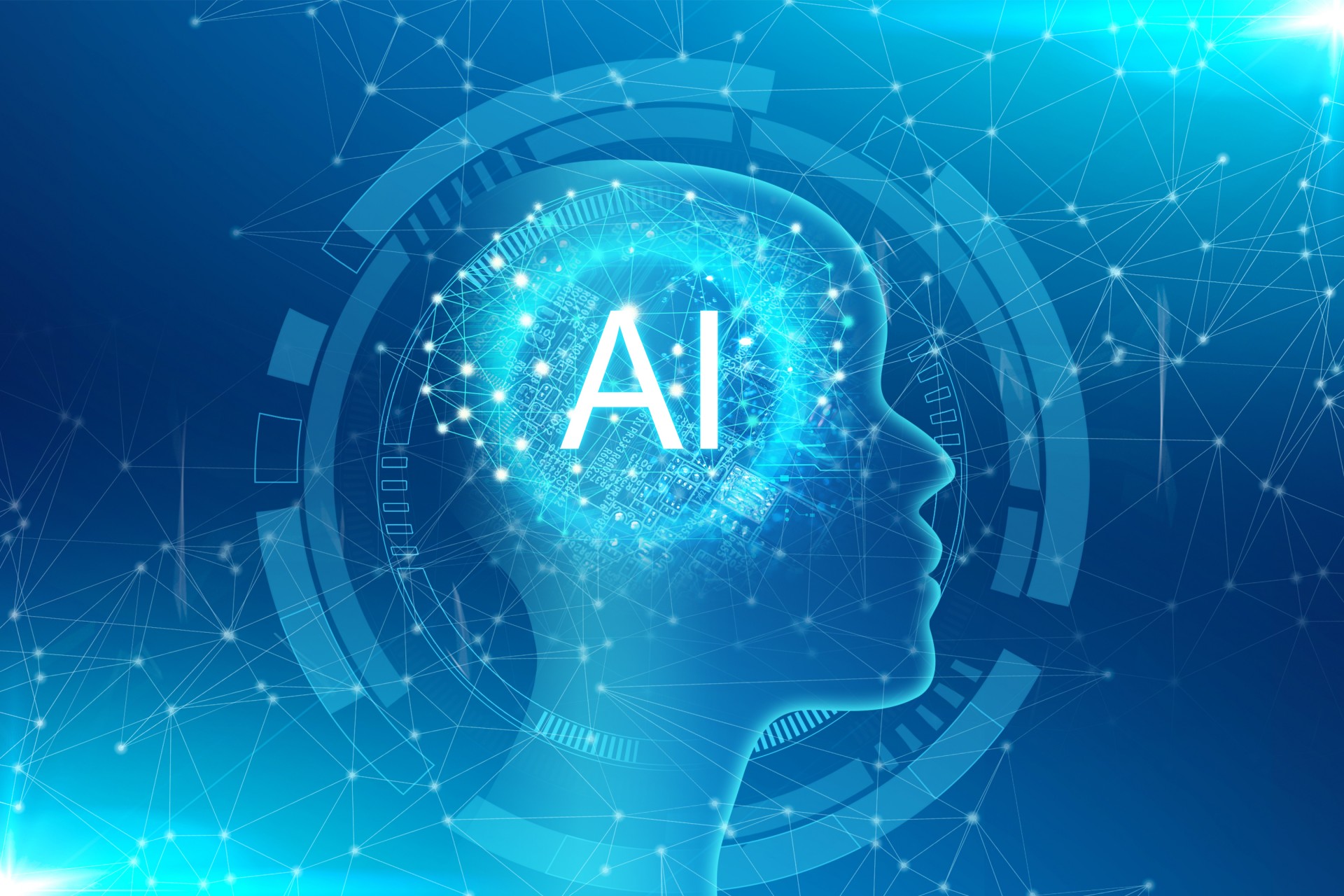
Today, businesses require transparency into all activities taking place in supply and production chains to guarantee output quality, optimize processes, manage inventories and ensure on-time delivery. Traceability and quality management are important aspects of business performance in any industry.

In this article, we will focus on traceability of manufacturing processes through artificial intelligence, i.e. product refinement with the help of intelligent management systems or the process of transformation.
Since we can monitor different events that occur in the factory, the goals of the traceability system may be different in each case:
● Identify and determine the history of each product
● Identify and determine the history of each product
● Optimize various processes
● Improve productivity
Thanks to the traceability controlled by intelligent software, we are able to understand the performance of the machine at different stages or products during production and take action to improve the process.
In each specific case it is necessary to define the direction in which you wish to use the system in order to select the events that really matter and achieve the desired goals.
Sometimes people misunderstand that traceability using artificial intelligence is only needed in industries where product safety must be ensured, such as the pharmaceutical or catering industries. However, the reality is that transparency at all stages of the traceability process is useful and necessary for all businesses as it helps improve production by providing real-time visibility of all activities and providing the data needed for optimal control chain quality and efficiency. For any industry, instant information is critical to detect incidents quickly and take appropriate action.
It is important to have a solution that allows us to identify and monitor the different events occurring throughout the industrial process, allowing us to obtain quantitative and Qualitative information:
● Different stages the product is in
● List of ingredients/materials
● Machinery used
● Batch number (raw materials and final product )
● Operators involved in each production process
● Shift work
● Different quality control results
This list is generated during the production process only A small sample of events for further analysis. This sentence can be rewritten as: “With the help of intelligent systems, data storage is automated, leveraging IoT connectivity, enabling direct transmission from assets to information management platforms.”.
In traceability management, it is very important to emphasize quality control. Quality control has the function of ensuring that finished products meet specified standards. In terms of packaging quality control, one of the parameters that can be monitored is tensile/compressive strength, hardness, air permeability or hygroscopicity.
We use smart software to connect the entire production process and conduct quality control to ensure that the products received by our customers meet the above standards. Additionally, costs and waste are reduced because if a product has to be discarded from production, thanks to smart traceability using machine learning, its detailed history can be identified and the relevant batches can be discarded with agility.
Finally, to have good traceability throughout the manufacturing process, data from different sources and systems are cross-referenced to correlate the maximum amount of information into a more complete picture. Therefore, it is important to combine solutions responsible for traceability management with technology that connects and analyzes the performance of each machine and process through real-time data analysis.
The above is the detailed content of How to use artificial intelligence for traceability and quality management?. For more information, please follow other related articles on the PHP Chinese website!




